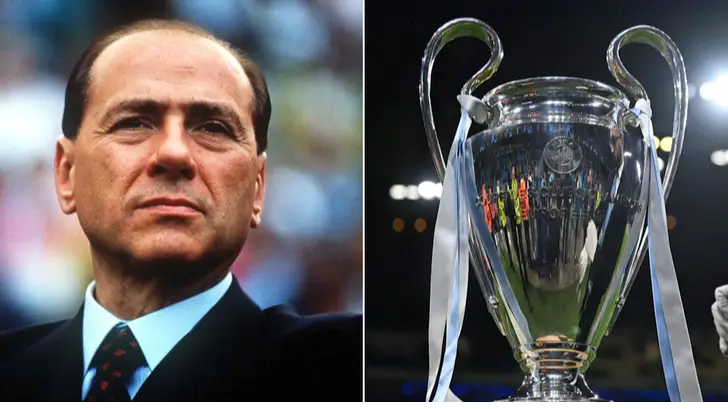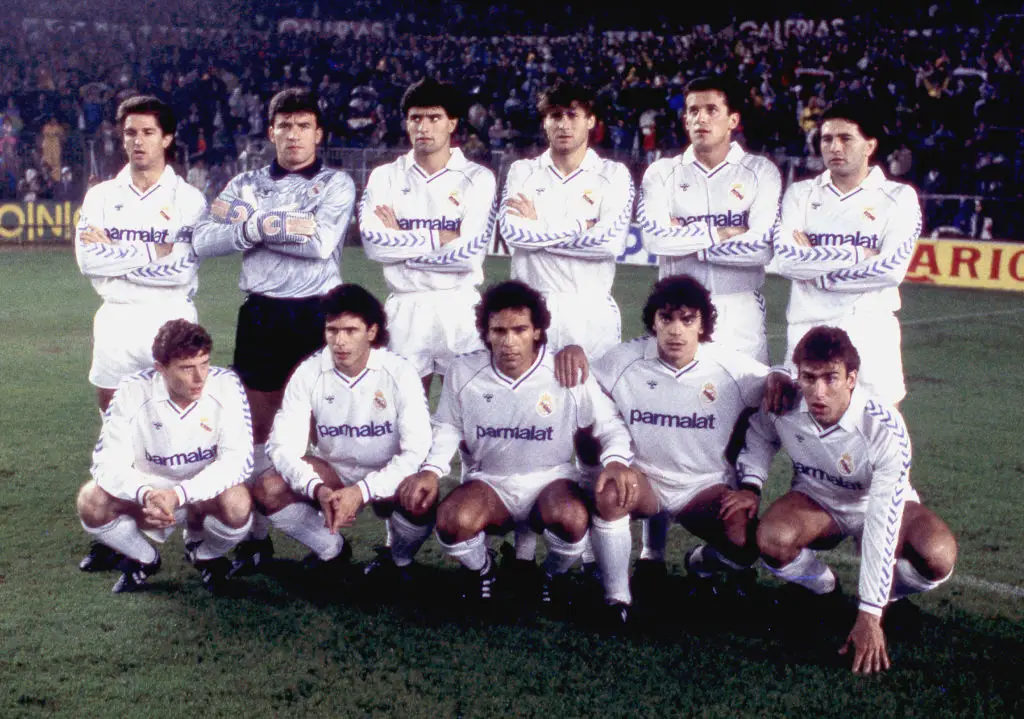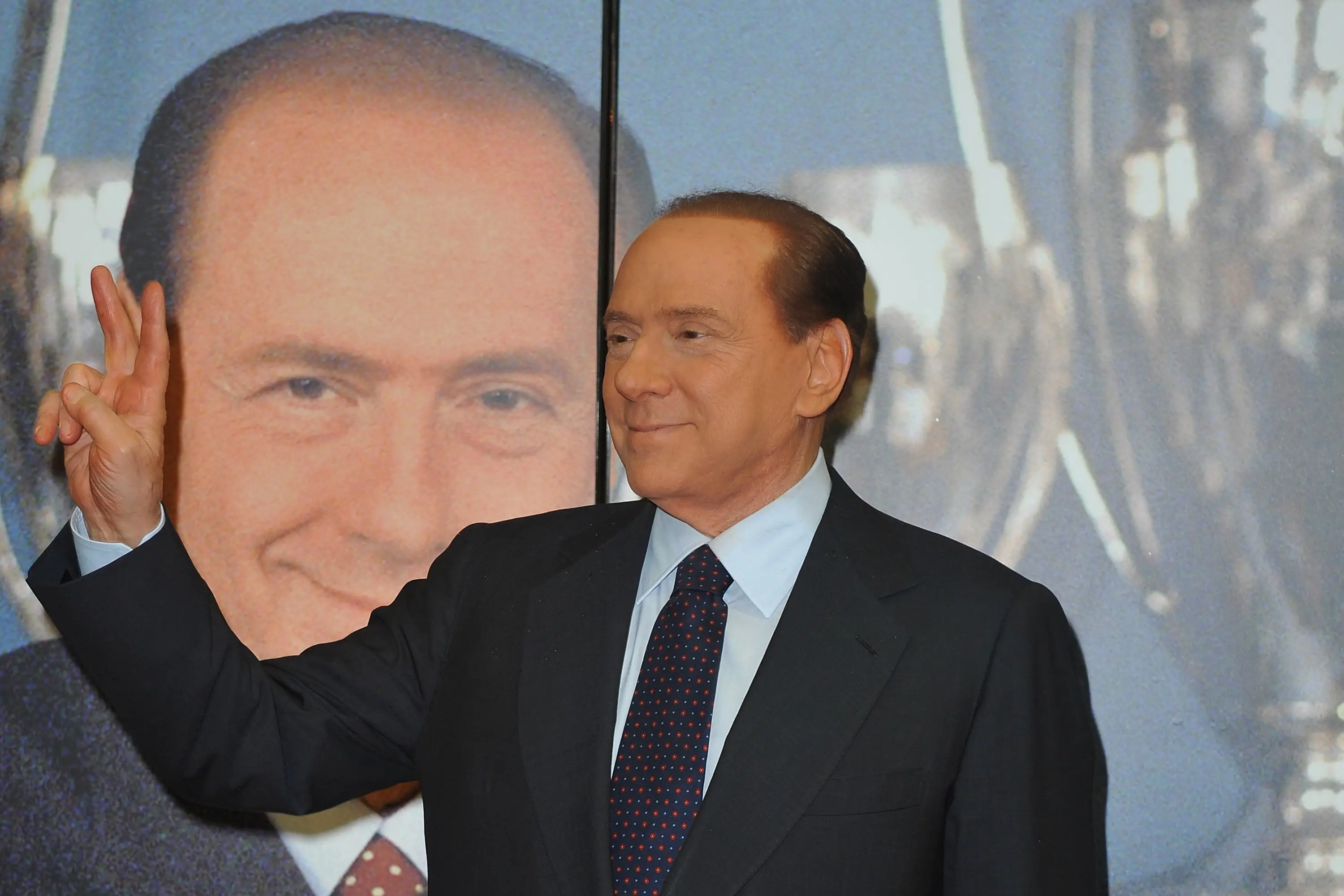
Topics: Champions League, Napoli, AC Milan, Real Madrid, European Super League, Diego Maradona

Topics: Champions League, Napoli, AC Milan, Real Madrid, European Super League, Diego Maradona
The Champions League began in 1992, effectively replacing from the European Cup as Europe's biggest club competition - but there was another reason behind its inception.
The first edition of the European Cup was held in 1955, with the competition the culmination of several years of post-war talks about a tournament which would pit Europe's top clubs against each other.
Initially, it featured 16 teams, with some of those teams entering via invitation. English clubs did not compete under pressure from the FA, who - in a policy similar to the one exhibited at international level - were reluctant to allow their teams to compete on a continental stage.
Real Madrid won each of the first five editions of the European Cup led by their star man and football icon Alfredo Di Stefano and, at different times, the likes of Paco Gento and Ferenc Puskas.
Advert
But fast forward to 1987, and Real had failed to add a sixth European Cup crown since beating Frankfurt 7-3 at Hampden Park in 1960.
Los Blancos drew Diego Maradona's Napoli in the first round of the 1987/88 European Cup, with each round consisting of a two-legged play-off at that time.
Real progressed to the second round via a 3-1 aggregate scoreline, fuelled by a 2-0 win at the Bernabeu in the first leg.
But that wasn't the main headline from across the two legs.
Napoli striker Salvatore Bagni claimed that Real players called both him and his team-mates 'Mafiosi', and there were various punch-ups as well.
Napoli goalkeeper Luciano Castellini, meanwhile, reportedly (via The Athletic) threw an icepack at Leo Beenhakker, Real's manager. His throw was luckily off target, but did allegedly hit a photographer instead.
Part of that chaos was likely fuelled by the fact that the two sides, giants of European football at the time, knew that one of them would be eliminated from the European Cup at the first time of asking.

In modern day football, the format is probably most similar to the Women's Champions League, which saw Manchester United and PSG face off in a two-legged qualifying round play-off last week.
But, watching from the stands at the Bernabeu that night in 1987, AC Milan owner - and future Italian Prime Minister - Silvio Berlusconi was not impressed.
He devised plans to form a European Super League - we've heard that before - as he could not understand a competition that would lose some of its top teams, including one that had Maradona in it, in the first round.
He also feared the same happening to Milan in the future, and told World Soccer in 1991 (quotes via The Independent): "The European Cup has become a historical anachronism.
"It is economic nonsense that a club such as Milan might be eliminated in the first round. It is not modern thinking."

Berlusconi saw the potential of selling a European Super League to major European markets. According to Alex Fynn, who was commissioned to work with the Milan owner on the plans, the initial Super League would consist of a league of 18 clubs, featuring two each from England, Italy and Spain.
While UEFA rejected the initial proposals, Berlusconi kept on pushing.
And the 35 UEFA members voted in favour of a separate proposal led by Real president Ramon Mendoza, which would introduce a group stage to the European Cup for the first time.
The competition was rebranded as the Champions League, sold to major TV networks - including ITV in the UK - and a list of high-profile sponsors were signed up.
High-profile matches, meanwhile, were more and more common - but not with as much jeopardy involved until the latter stages of the campaign. The finances involved would naturally continue to grow, leading to today's top table of elite clubs regularly involved in the business end of the Champions League.